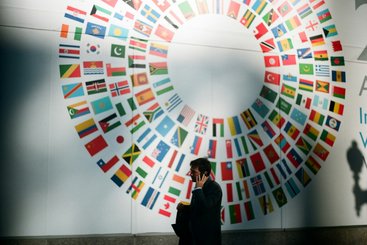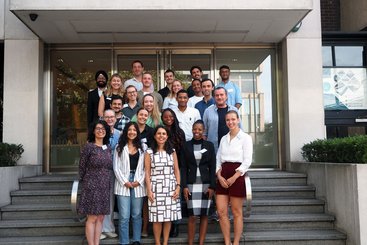There is growing interest in and enthusiasm about the private sector’s role in contributing to peace in situations of conflict, fragility and displacement. Much of this enthusiasm is premised on the assumption that providing more jobs and economic opportunities can reduce the likelihood of war and contribute to peace.
This report challenges these assumptions. The evidence we have assembled, drawn from the findings of a longer study commissioned in 2021 by KfW, the German Development Bank (Social Development, Governance and Peace unit within the Policy Division), tells a different story about the nature of the relationship between private sector development and peace.
In particular, with a view to identifying support initiatives that could be replicated and scaled, it looks at the domestic private sector, focusing on micro and small and medium-sized enterprises (MSMEs). It asks how and under what circumstances private sector development, led by MSMEs and supported by development finance institutions (DFIs), has fostered peace and stability in contexts of fragility.
The report concludes that there is no intrinsic link between an MSME-led private sector and peace. Moreover, support initiatives need to be selective, tailored and informed. Conflict sensitivity and context-specific analysis of the local political economy need to be integrated into the design, evaluation and monitoring of project impact. This is a must, rather than a nice to have. Greater efforts are required to incentivise the adoption of these sorts of approaches in operations and performance management, where financial criteria (‘securing a deal’) tend to be prioritised. Anything less, would not only run the risk of doing harm but also undermine, rather than contribute to, peace in ways that ultimately weaken the economic viability of DFI investments. The report’s conclusions are of wider relevance to ongoing debates about how DFIs can effectively contribute to positive peace.








